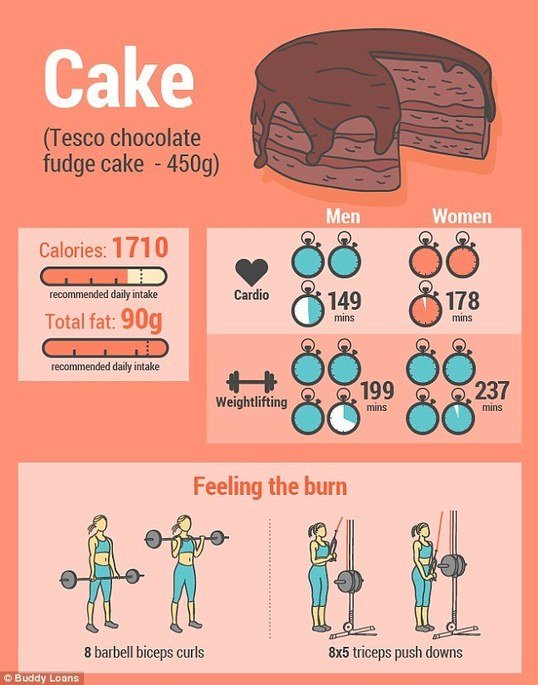In today’s post, let’s discuss boundaries. Let’s pose the following question: should fitness trainers dole out diet-related advice? Are trainers qualified to do so?
Perhaps the best way to answer this question – or at least gain a better perspective to it – is to invert it: Is your dietician qualified to tell you how many reps you should do?
There’s a common link between diet and exercise; gym culture feeds into (pun intended) a diet culture, and many equate weight loss with exercise. As diet and exercise are often intertwined, many people mistakenly assume that because trainers can help you work out, they should also be able to help you prepare a diet plan. Despite the commonality between them, most trainers have only a handful of nutrition education hours under their belts. Many trainers seem to operate from the belief that these few hours provide them with enough experience to fill in as a diet guru.
The problem is two-fold. One part of the equation are overconfident, overarching trainers; the other half of the problem are eager clients who are all too willing to accept trainers’ advice as gospel, often for the sake of simple convenience. For gym-goers, the idea of one-stop shopping in a gym, where both fitness andnutrition advice and needs can be had, has appeal.
Despite trainers’ tendency to be overconfident in their ability to dole out dietary advice, there’s very little to suggest they have the knowledge to do so, according to a study conducted by the University of Sidney in Australia. The study’s questionnaire, designed to evaluate nutritional expertise, was aimed at 161 fitness trainers, 36 dietitians and 357 members of the general populace. The questionnaire was divided into four key sections: dietary guidelines, nutrient content of food, healthy food choices and knowledge of the connection between diet and disease. The overall goal of the comparative study was to benchmark where trainers ranked in relation to dietitians and the general public. Age, gender and education level of participants were also noted.
As we’ve previously already hinted, trainers scored markedly lower than dietitians in three out of the four sections, which the sole exception being healthy food choices. In the latter section, the scores of trainers and dietitians were similar.
Comparing the knowledge of trainers with those in the general populace, the only section where trainers scored higher than the general community was in their understanding of nutrient content in food.
Perhaps a more depressing fact that the study illuminated is that trainers with an undergraduate degree in exercise science didn’t score higher than their peers who didn’t have a degree. The takeaway here is that there seems to be limited knowledge about nutrition among trainers, so the accuracy and effectiveness of any nutritional advice, especially medical nutrition advice, that they give should be questioned.
The latter is an especially important consideration. The same team of researchers had discovered that 51% of 286 fitness professionals surveyed stated they provide nutrition advice related to cardiovascular disease, 48% provided advice about diabetes, 44% discussed supplements, 39% advised about nutrition deficiencies and 35% talked about food allergies.
It’s natural that the clients of trainers may want to talk, or have questions, about food. But that doesn’t mean that trainers have all the answers.
Are you in London? Here’s the list of the top ten gyms in London according to LondonHut




